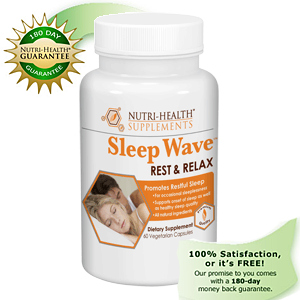Author: Larry C.
I was at a recovery center the other day doing some IT work for the counselors there, all of whom are friends of mine in recovery. I was talking to some of them and was told that today’s huge problem…
Slipknot bassist Paul Gray reportedly died of an accidental overdose of morphine and the narcotic fentanyl, his autopsy has revealed. Officials have also claimed that when the rocker’s body was found – by a maintenance worker in a hotel –…
Corey Haim who died March 10, 2010, was found to have died of natural causes. Though there were small amounts of drugs found in his body, they were not enough to kill him. First thought to be an accidental overdoes,…
Family Therapy with Drug Abuse and Addiction The role of the family when dealing with drug abuse and addiction is a huge one. Family therapy can have a huge impact in conquering the drug abuse and addiction that has affected,…
This post has been revised and updated and can be found here: How To Get Off Painkillers Naturally People keep asking me how to get off painkillers naturally. Well the thing is, you’re going to go through a bit of…
The price of Suboxone is somewhat costly, but it can be reduced with the free drug cards that are listed in teh resources of my report. Unfortunately, I had to raise my price of the report to $14.97 due to…
How to get Suboxone to help with the withdrawal from Pain Killers. How to get Suboxone I have a lot of people coming by reading my blog and asking how to get suboxone. Honestly it’s not that easy, but here…
Teen Drug Addiction Drug addiction is a powerful disease, this is no secret, but when teenagers become addicted to drugs, it’s much more serious. Drugs affect a teen’s body in different ways, but when teens have to deal with drug…
It really pains me to get emails from women who tell me about their abusive boyfriends or husbands, telling me their husband is addicted to painkillers, or their boyfriend is addicted to painkillers, and how they are afraid of the…
I am constantly emailed by families and loved ones, of people who are addicted. It’s hard because I can’t really help them directly, all I can do is direct them to try to find a family counselor or intervention specialist…









